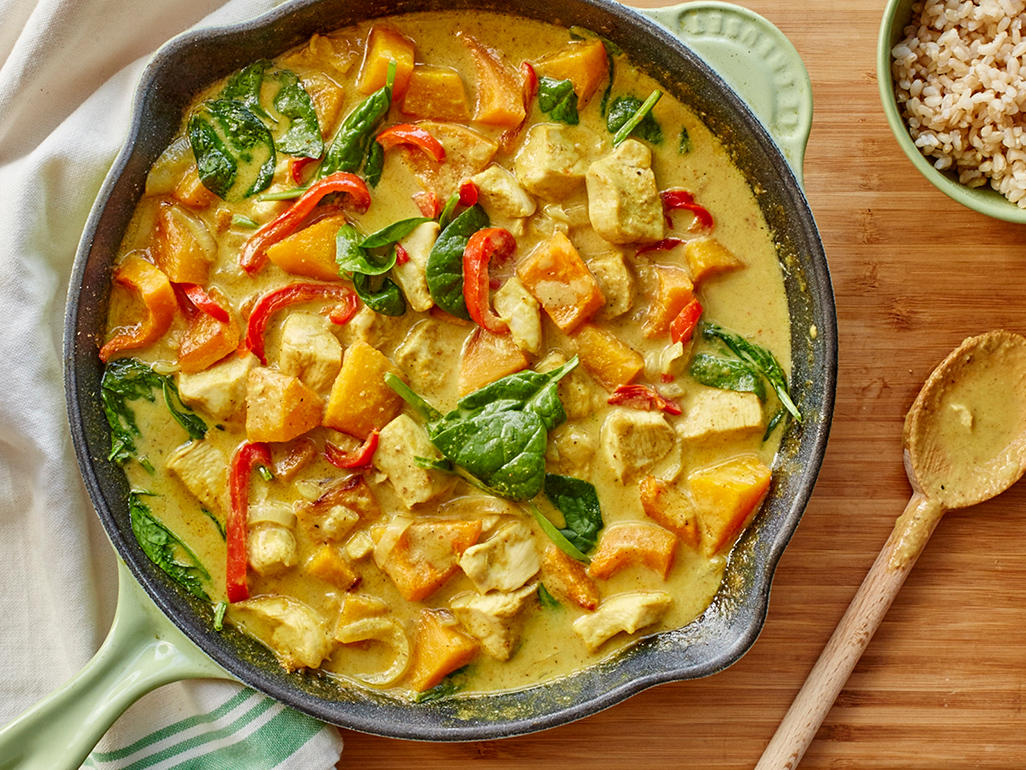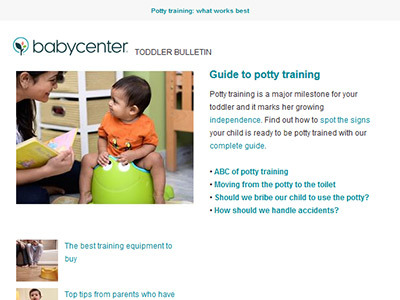In this article
- How to use our pregnancy diet charts
- What else do I need to know?
- Which pregnancy diet plan is right for me?
- First trimester pregnancy diet plans (4 - 13 weeks)
- Second trimester pregnancy diet plans (14 - 27 weeks)
- Third trimester pregnancy diet plans (28 - 40 weeks)
- Do I need to take supplements to complement a healthy diet in pregnancy?
With the help of our nutritionist Neelanjana Singh, we've created weekly pregnancy meal plans to help you have a healthy diet through each trimester of your pregnancy.
These meal plans, also called pregnancy diet plans or diet charts, include delicious vegetarian or non-vegetarian options and dishes from North or South India. They are made using foods that have the nutrients you need at your stage of pregnancy.
You can pick and choose from the delicious dishes suggested to further adapt the meal plan to your tastes.
How to use our pregnancy diet charts
Our diet charts are a general guide to help you plan your weekly meals better. The aim is to help you identify foods that you like, which are good sources of the nutrients you need at your stage of pregnancy.Keep in mind that:
- The plans are made with fruit and vegetables available in all seasons so that no matter what season you are in, you will find food sources in the market for the nutrients you need. If a fruit or vegetable is not available for you, replace it with any other that is in season and offers the same nutrients.
- A single food can be a source of multiple nutrients. So you might find the same food source is recommended in one trimester for a certain nutrient, and in another trimester for a different one. For example, lentils (dal) are a good source of folic acid, omega 3 fatty acids and iron, particularly for vegetarians.
What else do I need to know?
- If you have any medical condition, allergies or follow a special diet plan please check with your doctor first before changing your diet. If you have gestational diabetes, please refer to our gestational diabetes meal plan.
- While using our meal plans, stay hydrated with eight to 12 glasses of water a day.
- Throughout pregnancy, you need to limit your caffeine intake. We’ve highlighted sources of caffeine in the plans to help you keep track of how much caffeine you are having.
Which pregnancy diet plan is right for me?
Since India's dishes and eating habits are so diverse, we have created a set of different meal planners for North Indians and South Indians. For each of these two regions of India, there are eight planners for each trimester, four vegetarian and four non vegetarian meal plans.First trimester pregnancy diet plans (4 - 13 weeks)
Although you need a variety of nutrients all through your pregnancy to keep yourself and your baby healthy, we have selected a few which are particularly important for your baby's development in your first trimester.The most important nutrients you need during the first trimester are folic acid, iron, and vitamin B6.
Folic acid protects your baby from neural tube disorders such as spina bifida and other birth disorders like cleft palate.
Iron is essential to make healthy red blood cells that carry oxygen around your body. Not having enough iron can leave you tired and breathless. Iron deficiency anaemia (low Hb) is common in India so this nutrient is important throughout pregnancy.
Morning sickness might leave you feeling queasy and unable to eat much. There is some evidence to suggest that vitamin B6 might help to ease nausea.
Download the meal plan that best suits you from the options below to eat well in your first trimester:
North Indian, vegetarian diet charts

iStock.com / GrashAlex
- First trimester, North Indian vegetarian diet plan 1
- First trimester, North Indian vegetarian diet plan 2
- First trimester, North Indian vegetarian diet plan 3
- First trimester, North Indian vegetarian diet plan 4
North Indian, non vegetarian diet charts

Thayer Allyson Gowdy for BabyCenter
- First trimester, North Indian non vegetarian diet plan 1
- First trimester, North Indian non vegetarian diet plan 2
- First trimester, North Indian non vegetarian diet plan 3
- First trimester, North Indian non vegetarian diet plan 4
South Indian, vegetarian diet charts

Thinkstock
- First trimester, South Indian vegetarian diet plan 1
- First trimester, South Indian vegetarian diet plan 2
- First trimester, South Indian vegetarian diet plan 3
- First trimester, South Indian vegetarian diet plan 4
South Indian, non vegetarian diet charts

Thinkstock
- First trimester, South Indian non vegetarian diet plan 1
- First trimester, South Indian non vegetarian diet plan 2
- First trimester, South Indian non vegetarian diet plan 3
- First trimester, South Indian non vegetarian diet plan 4
Second trimester pregnancy diet plans (14 - 27 weeks)
In the second trimester, your baby's bones are growing and so is his brain. You need plenty of calcium and vitamin D for growing healthy bones and omega 3 is essential for your baby's brain development.Another nutrient we have marked in our meal planners for the second trimester is betacarotene, a form of vitamin A that helps give us healthy blood and skin.
We have also continued to highlight iron-rich foods since anaemia (low Hb) is so common in India, especially among vegetarians.
Download from the options below the diet plan that best suits your tastes and discover how to get these nutrients into your diet in your second trimester:
North Indian, vegetarian diet charts

Thinkstock
- Second trimester, North Indian vegetarian diet plan 1
- Second trimester, North Indian vegetarian diet plan 2
- Second trimester, North Indian vegetarian diet plan 3
- Second trimester, North Indian vegetarian diet plan 4
North Indian, non vegetarian diet charts

Thinkstock
- Second trimester, North Indian non vegetarian diet plan 1
- Second trimester, North Indian non vegetarian diet plan 2
- Second trimester, North Indian non vegetarian diet plan 3
- Second trimester, North Indian non vegetarian diet plan 4
South Indian, vegetarian diet charts

Thinkstock
- Second trimester, South Indian vegetarian diet plan 1
- Second trimester, South Indian vegetarian diet plan 2
- Second trimester, South Indian vegetarian diet plan 3
- Second trimester, South Indian vegetarian diet plan 4
South Indian, non vegetarian diet charts

BabyCenter
- Second trimester, South Indian non vegetarian diet plan 1
- Second trimester, South Indian non vegetarian diet plan 2
- Second trimester, South Indian non vegetarian diet plan 3
- Second trimester, South Indian non vegetarian diet plan 4
Third trimester pregnancy diet plans (28 - 40 weeks)
In the third trimester, your baby’s growth will speed up as he gains weight and prepares for life outside the womb. Because of this, you'll find that you’re gaining weight rapidly. Try not to worry too much about the extra kilos, as long as you're eating a well-balanced and healthy diet. Your energy requirement will increase as your baby is building layers of fat.Vitamin K is essential for blood to clot, which is important after childbirth. So it is recommended that in your third trimester you eat plenty of food rich in vitamin K so that your body is not low on this vital nutrient at birth.
As in the first and second trimesters, iron continues to be an important nutrient in your third trimester to prevent anaemia. If you are anaemic, and the condition goes untreated, you are at higher risk of having premature labour.
Download the meal plans below to know how to get these nutrients into your diet in your third trimester:
North Indian, vegetarian diet charts

Thinkstock
- Third trimester, North Indian vegetarian diet plan 1
- Third trimester, North Indian vegetarian diet plan 2
- Third trimester, North Indian vegetarian diet plan 3
- Third trimester, North Indian vegetarian diet plan 4
North Indian, non vegetarian diet charts

Thinkstock
- Third trimester, North Indian non vegetarian diet plan 1
- Third trimester, North Indian non vegetarian diet plan 2
- Third trimester, North Indian non vegetarian diet plan 3
- Third trimester, North Indian non vegetarian diet plan 4
South Indian, vegetarian diet charts

Thinkstock
- Third trimester, South Indian vegetarian diet plan 1
- Third trimester, South Indian vegetarian diet plan 2
- Third trimester, South Indian vegetarian diet plan 3
- Third trimester, South Indian vegetarian diet plan 4
South Indian non vegetarian diet charts

Thinkstock
- Third trimester, South Indian non vegetarian diet plan 1
- Third trimester, South Indian non vegetarian diet plan 2
- Third trimester, South Indian non vegetarian diet plan 3
- Third trimester, South Indian non vegetarian diet plan 4
Do I need to take supplements to complement a healthy diet in pregnancy?
Eating a varied and healthy diet is the best way to get all the nutrients you and your baby need. Often, it's also easier for your body to absorb vital nutrients through food, rather than from supplements.However, even the healthiest of diets needs a boost from supplements during pregnancy. So do not discontinue the supplements your doctor has prescribed.
In the first trimester, all pregnant women need to take a supplement of folic acid. In the second and third trimesters, your doctor will ask you to take supplements of iron and calcium. How often you will need calcium and iron pills will depend on your health history and your diet preferences, such as if you are a vegetarian or non-vegetarian.
Depending on the results of your blood tests in early pregnancy, your doctor might also ask you to take a vitamin D supplement. Although your body gets vitamin D naturally from sunlight, a lot of women in India are deficient in this vital nutrient that helps your body to absorb calcium.
यह लेख हिंदी में पढ़ें!













